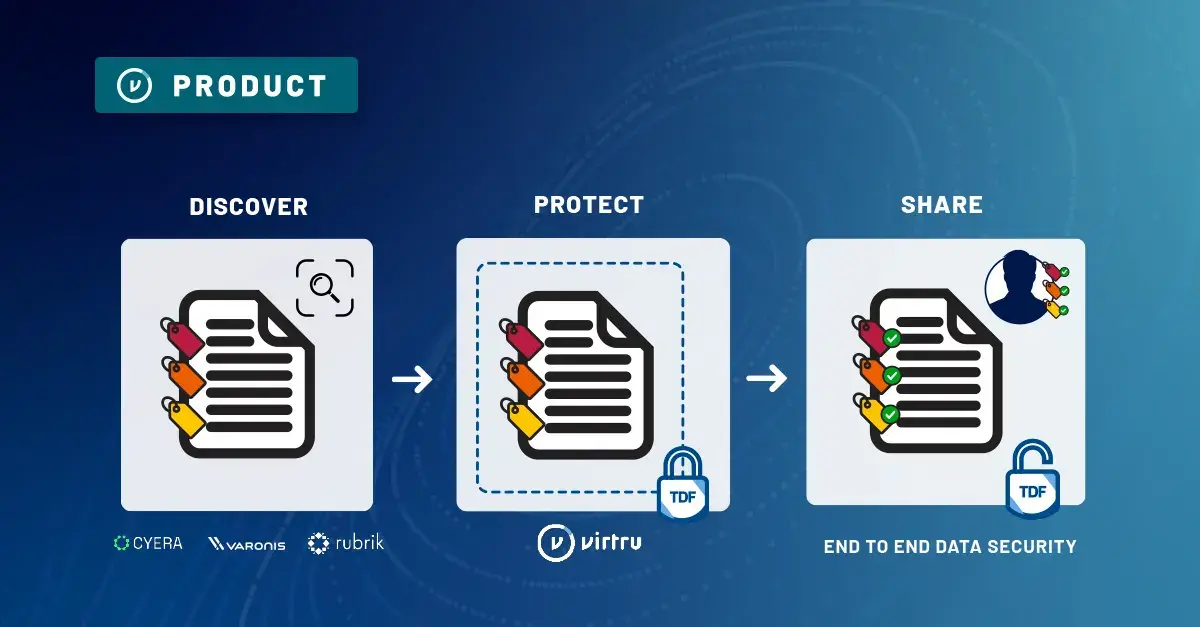Microsoft SharePoint Zero-Day: Latest in a Concerning Pattern of On-Premises File Sharing Vulnerabilities

The cybersecurity community is once again racing to patch systems in response to a zero-day vulnerability, this time affecting Microsoft SharePoint on-premises servers. Cybersecurity researchers indicate this appears to be the work of a single actor initially, though this could rapidly change as the exploit spreads.
This SharePoint vulnerability has potentially compromised over 8,000 servers worldwide, affecting major industrial firms, banks, auditors, healthcare companies, and government entities. Notably, SharePoint Online in Microsoft 365 (cloud-based version) was not impacted by this exploit.
A Troubling Pattern in On-Premises File Management Solutions
The SharePoint incident is just the latest in a concerning series of zero day exploits targeting legacy on-premises file sharing and transfer systems over the past several years:
- Progress MOVEit Transfer (July 2023): Disclosed SQL injection vulnerability affecting all versions of this widely deployed managed file transfer application. Public reports indicate that over 2,000 organizations were impacted, including government agencies, financial institutions, universities, and major corporations — including the U.S. Department of Energy, British Airways, and Shell.
- Fortra GoAnywhere (January 2023): Disclosed a zero-day remote code execution vulnerability in their managed file transfer tool. As many as 3,000 GoAnywhere MFT instances were connected to the internet before the exploit was known, and up to 1,000 organizations potentially compromised. Affected organizations included Rubrik, Crown Resorts, and Procter & Gamble.
- Accellion Kiteworks (February 2021): Experienced significant zero-day vulnerabilities that compromised and exfiltrated sensitive data across 25 organizations. Vulnerabilities allowed remote code execution and unauthorized file downloads, including PII, financial data, and legal documents. This attack compromised pharmacy customer data from supermarket chain Kroger, the Reserve Bank of New Zealand, and Singapore telecom giant SingTel.
Why Are Legacy Systems Frequently Targeted?
Several factors make on-premises file sharing systems particularly attractive targets for attackers:
- Patch Management Challenges: Organizations often struggle to promptly implement security patches across distributed on-premises infrastructure, creating windows of vulnerability
- System Complexity: Legacy systems frequently have complex architectures with numerous components that create expanded attack surfaces
- High-Value Data: These systems typically store and process sensitive business information, making successful breaches extremely valuable to attackers
- Predictable Architecture: Widely-deployed commercial products have documented architectures that attackers can study extensively
Rethinking File Sharing Security Architecture
The persistent targeting of on-premises file sharing solutions presents an opportunity for organizations to reevaluate their approach to secure file transfer. Modern cloud-based solutions designed with security-first principles can help mitigate many of the vulnerabilities inherent in legacy systems.
Virtru Secure Share offers an architectural approach that addresses many of these challenges:
- No On-Premises Servers: Eliminates the need for manual security patches and reduces the attack surface.
- Military-Grade Encryption: Ensures data remains secure during transit and at rest, with options for end-to-end encryption and key management.
- Granular Access Controls: Allows specific permissions for individuals or groups, with the ability to revoke access even after files have been shared
- Independent Security Validation: Regular third-party audits validate security controls against standards like FedRAMP, SOC 2, and FIPS 140-2 compliance for military-grade encryption requirements
A Pragmatic Approach for CISOs
For Chief Information Security Officers facing these recurring vulnerabilities, several considerations should inform strategic planning:
- Evaluate Attack Surface: Assess the current exposure from on-premises file sharing solutions
- Patch Management Reality: Honestly evaluate your organization's ability to consistently implement critical security patches in a timely manner
- Data-Centric Security: Consider solutions that protect the data itself rather than just the perimeter
- Incident Response Preparation: Update response plans to account for the likelihood of similar zero-day exploits in the future
The recurring pattern of zero-day vulnerabilities in on-premises file sharing platforms is unlikely to abate. As organizations move forward, exploring solutions like Virtru Secure Share that offer a fundamentally different security architecture may provide a more sustainable approach to protecting sensitive information while enabling necessary collaboration.
In addition to protecting sensitive files shared via applications like Microsoft SharePoint, Virtru continues to innovate with solutions built on the Virtru Data Security Platform, continuing to protect a wide range of data in motion and at rest.
As we've seen with the SharePoint exploit affecting on-premises deployments while cloud versions remained secure, the architectural differences between legacy and modern solutions can significantly impact security outcomes. This latest incident serves as another data point for security leaders to consider when balancing operational requirements with evolving security threats.

Matt Howard
A proven executive and entrepreneur with over 25 years experience developing high-growth software companies, Matt serves as Virtu’s CMO and leads all aspects of the company’s go-to-market motion within the data protection and Zero Trust security ecosystems.
View more posts by Matt HowardSee Virtru In Action
Sign Up for the Virtru Newsletter
/blog - microsoft-pentagon digital escort/dod-digital-escort-blog copy.webp)
/blog - series D funding/25-Funding-Commentary.jpg)
/blog - Paubox report and hyperbole/paubox-whitepaper-tdf-vs-tls_V2.webp)

/blog - congress bans whatsapp/congress-whatsapp-ban.webp)


/blog - Washington Post Breach/wapo-breach-blog.webp)
/blog - What a Marines Email Fame Teaches Us About Modern Data Security/email snafu marines.jpg)
